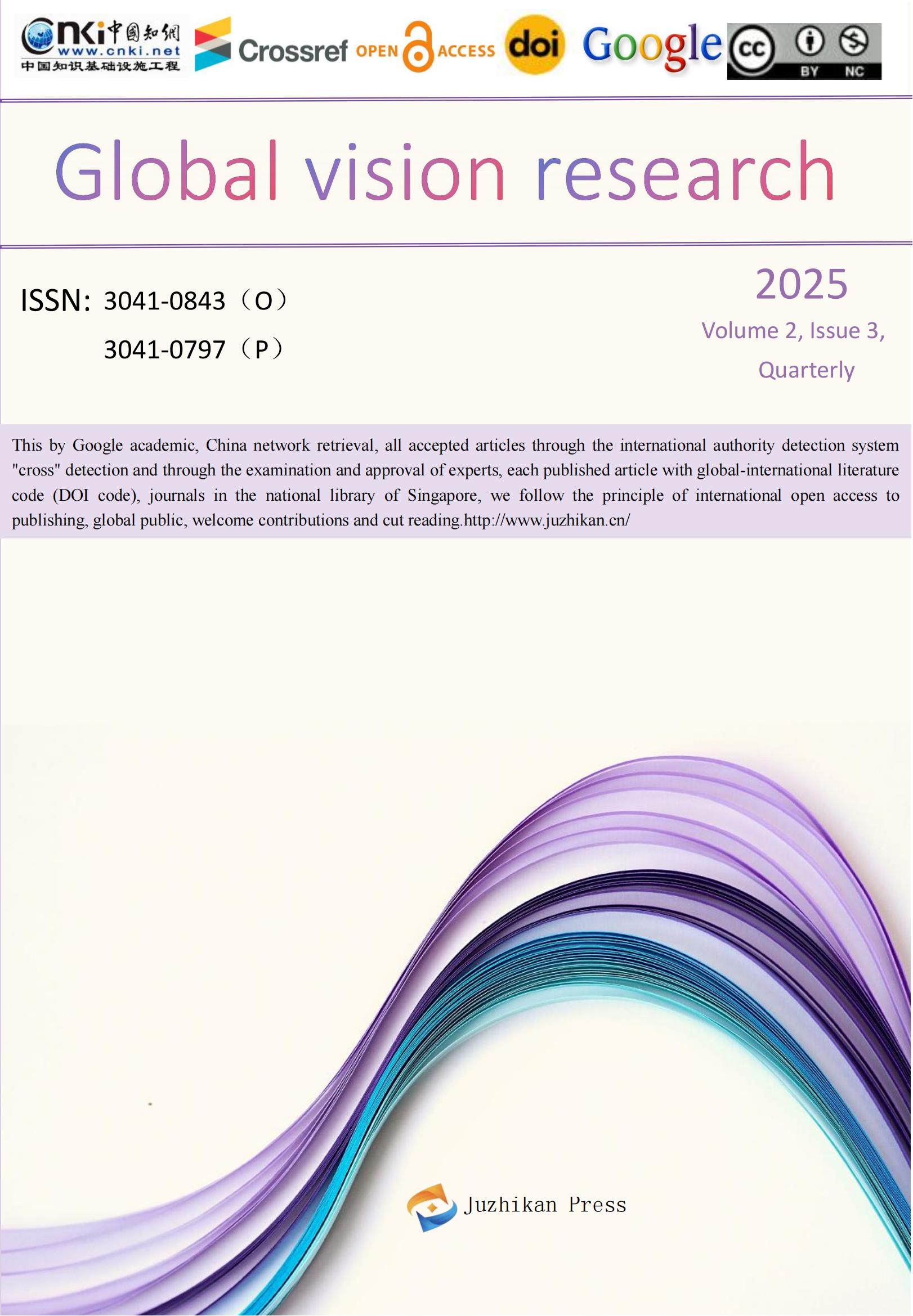
 info@juzhikan.asia
info@juzhikan.asia
 info@juzhikan.asia
info@juzhikan.asia
The border is occupied and the people are comforted, and the army and the state borrow from the classics——Zhang Chong's research on "Shangda" educational thought
Xiong Yao
Department of Basic Education, Qiannan Preschool Education College,Qiannan Guizhou,551300;
Abstract: During the Ming Dynasty, Zhang Chong, one of the "Eight Sages of Liuzhou," was exiled to Duyun, Guizhou Province. Through serendipitous circumstances, he organized local lectures that enriched the cultural heritage of Duyun and Guizhou as a whole. Under the influence of Confucian ideals of "vast righteousness," his writings achieved remarkable harmony between literary elegance and practical substance. His educational philosophy thus embodied a transcendent and open-minded approach. Grounded in the principle of applying knowledge to governance, he integrated scholarly pursuits with pedagogical practice, demonstrating his aesthetic vision and life aspirations through this fusion of scholarship and education.
Key words: Shangdatongtuo;healing the people;seeking truth from facts
Reference
[1] Zhong Rong (Liang Dynasty, Southern Dynasties). Annotations and Translations of "Shipin" (Criticism of Poetry), translated by Zhou Zhenfu. Beijing: Zhonghua Book Company, 2017, p. 37.
[2] Zhang Chong (Ming Dynasty). Collected Works of Helou. Hong Kong: Jinghua Publishing House, 2005, p. 2.
[3] Lü Zuqian. Essentials of "Zhouyi Xici" (Appended Remarks on the Book of Changes) with Emendations by Mr. Hui'an. Beijing: Commercial Press, 1936, p. 46.
[4] Zeng Daxing. An Introduction to Literary Geography. Beijing: Commercial Press, 2017, p. 458.
[5] Li Fang. "Exiled Officials in the Western Regions during the Tang Dynasty." Journal of Xinjiang University (Philosophy, Humanities and Social Sciences Edition), 2007, (6): 59.
[6] Wang Wenxue. The Spiritual Tradition of the Chinese People. Wuhan: Wuhan University Press, 2012, p. 19.
[7] Xiong Yao. A Study on Exiled Literati in Central Guizhou during the Ming Dynasty (Dissertation). Guiyang: School of Liberal Arts, Guizhou Minzu University, 2017, p. 23.
[8] Ruan Yuan (Qing Dynasty). Commentaries and Annotations on the Thirteen Classics: Annotations on "Shangshu" (Book of Documents) (Vol. 3, "Yu Shu · Dayu Mo"). Beijing: Zhonghua Book Company, 1980, p. 135.
[9] Zhang Xiaosong. Traces of the Mountain Spirit: An Essay on Guizhou Culture. Guiyang: Guizhou Education Publishing House, 2006, p. 59.
[10] Yang Yi. Chinese Narratology. Beijing: People's Publishing House, 1997, p. 46.
[11] Zhou Sheng. "The 'Three Exiles' of Guizhou: A Liuzhou Native among Them" [EB/OL]. https://www.sohu.com/a/392551573_120533471. 2022-07-06.
[12] Ren Suihu. A Comprehensive Theory of Writings. Beijing: Tsinghua University Press, 2011, p. 291.